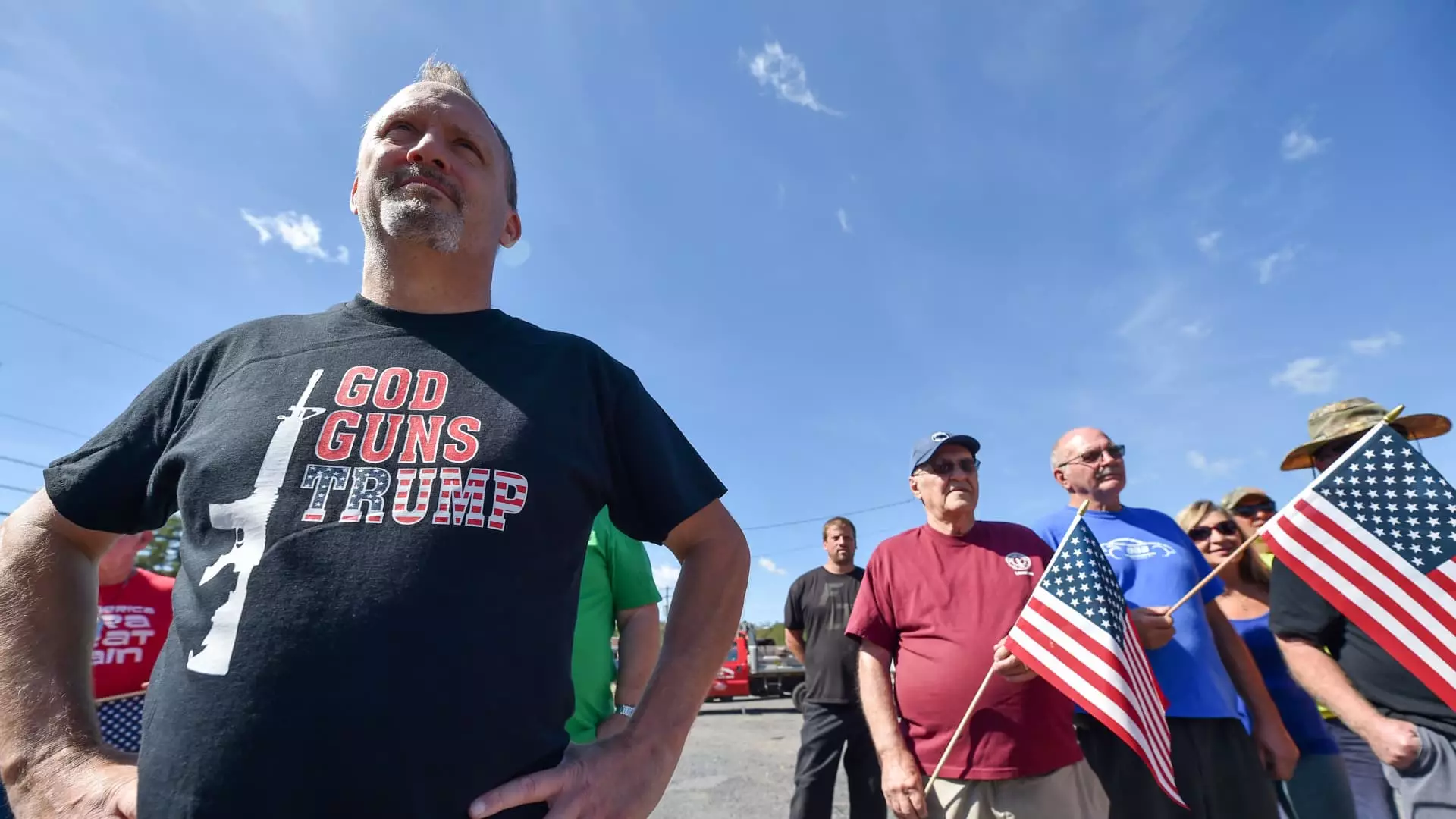Traveling to the United States has long been a dream for many international tourists, including those from Southeast Asia. However, recent survey findings shed light on a significant factor that influences their travel plans: the widespread concern regarding gun violence in the U.S. An examination of this topic reveals not only the apprehensions travelers have but also the fascinating dynamics behind their perceptions and intentions regarding visits to America.
In a comprehensive study conducted by Milieu Insight, which surveyed around 6,000 travelers from six Southeast Asian countries, it was found that over 90% of respondents feel that the prevalence of firearms in the United States impacts their travel decisions. Such staggering figures raise serious questions about how gun violence is shaping perceptions of a country that once enjoyed a reputation as a safe destination. A further breakdown indicated that respondents ranked Hawaii as the safest state, while Texas faced scrutiny as the least secure option. States like New York and California fell somewhere in between, but the general consensus was clear: gun violence is a pressing concern for many potential travelers.
Despite this awareness, a notable 56% of those surveyed expressed intention to visit the United States in the coming years, with a slightly higher percentage of individuals who had visited before. This anomaly hints at a paradox in tourist behavior—individual experiences may amplify awareness of social issues without necessarily inhibiting travel aspirations. Antarika Sen, an associate research director at Milieu Insight, aptly noted that while firsthand experiences may elevate concerns, they don’t seem to deter future visits.
Interestingly, the survey unveiled another layer of complexity regarding social gatherings. Nearly 80% of participants noted that their willingness to attend major events, such as concerts or festivals, would be significantly compromised by the knowledge of gun prevalence in the U.S. This statistic underscores a growing wariness around mass gatherings, where the threat of violence may feel more pronounced amid fears of potential gun-related incidents.
Responses varied significantly by country. For example, travelers from Vietnam (79%), Indonesia (76%), and the Philippines (76%) reported that their decision-making was notably affected by the gun culture in America. Conversely, Singaporeans displayed markedly lower enthusiasm, with only 24% indicating a likelihood of visiting the U.S. soon. With Singapore being a city-state characterized by stringent gun laws and low crime rates, these contrasting attitudes toward U.S. gun violence facilitate deeper insights into cultural differences in risk tolerance and perceptions of safety.
Diving deeper into the respondents’ feelings about gun ownership in the U.S., it became evident that cultural backgrounds play a significant role. Overall, about two-thirds of those surveyed opposed gun ownership, with that number soaring to a staggering 91% among Singaporeans. Their familiarity with low-crime societies made them less likely to dismiss gun violence as a mere societal issue; rather, it’s a vital concern that looms over potential travel plans.
While many Southeast Asians have enjoyed travels in the U.S., anxiety about gun violence remains heightened with nearly 70% of Vietnamese, Indonesian, and Filipino respondents indicating military or municipal-induced concerns. This scenario raises the questions of whether more exposure could yield greater acceptance or if heightened incidents will perpetuate trepidations.
The survey revealed how politics also interplayed with travel intentions. Over a quarter of respondents indicated that they would reconsider visiting the U.S. based on the outcome of the upcoming presidential election. A split concern emerged, with 23% becoming apprehensive should Donald Trump secure the presidency again. Conversely, only 9% claimed they would feel similarly if Kamala Harris took office. These findings suggest that the political climate is perceived as directly linked to the safety and societal conditions within the U.S.
A fascinating observation from the study is the degree to which social media informs Southeast Asians about safety concerns and crime rates in the U.S. A significant 61% cited platforms like Facebook and Twitter as primary sources of information, followed closely by international news concern at 55%. This reliance on social media underscores the modern traveler’s tendency to absorb information through unofficial channels, which can drive exaggerated perceptions when it comes to issues like crime.
As awareness of gun violence continues to rise, fueled by both real incidents and media portrayal, the implications for U.S. tourism could be far-reaching. Perhaps more than any statistic, it is the persistent narrative encoded in travelers’ experiences that may redefine how Southeast Asians perceive safety in the U.S. Ultimately, addressing these concerns will be pivotal in reshaping their comfort levels and perceptions toward revisiting the land of opportunity.


Leave a Reply